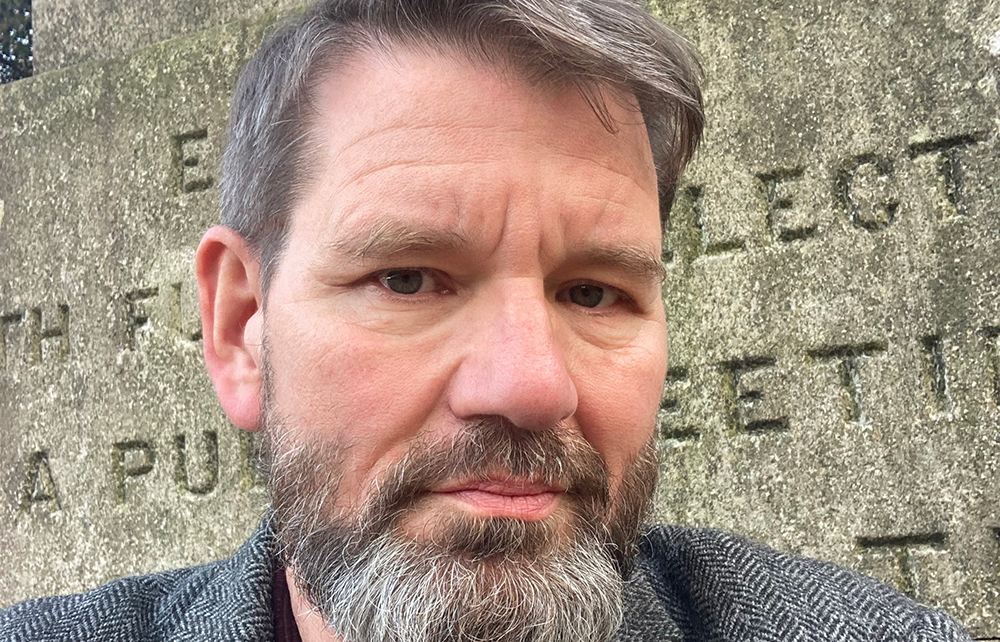The Peckham Experiment was a radical, if earnest, initiative begun in 1926 in which working-class families were given access to physical activities, such as swimming, as well as workshops and a shot at cultural betterment. It’s into this rather worthy scheme that identical twins, the subjects of Guy Ware’s novel, are born: Charlie and JJ, the offspring of communist parents, who are later orphaned during the Blitz. Both go on to long careers in housing, and the book tracks their progress, alongside themes of ownership and exploitation, against the backdrop of key events in postwar British history.
The novel begins on the eve of JJ’s funeral, with Charlie struggling to write a eulogy for his 85-year-old brother. Confined to a mobility scooter (‘like Dennis Hopper on Medicare’) and drunk on brandy, Charlie is a seductively irreverent narrator. Witty, wise, queer and possessed of a fierce social conscience, he revisits their parallel lives in a fluid monologue that’s as Beckettian as it is Steptoe and Son. Ware is refreshingly sharp on twin psychology: ‘I never believed I’d bury him. I’m older. Surely it should fall to you to bury me… No one wants to be last. We should have gone together… A plane crash.’
The twins grow up sharing the same socialist principles, although JJ’s are called into question when, in 1968, the Rochester Tower, a block built by their company, collapses shortly after the real-life Ronan Point disaster. Seven people die and, although JJ is devastated by the catastrophe, he refuses to resign. From here, the novel becomes an exploration of accountability and conscience. The brothers began wanting to create a New Jerusalem but end up reinforcing the malaises they sought to cure. We’re given a panorama of recent history, from the social housing projects of the 1950s and 1960s, to the 1970s’ power cuts, to the Brixton riots.
Significantly, the eve of JJ’s funeral is also the eve of the 2017 election. Despite having to make a midnight run on his mobility scooter for more brandy, a comic episode worthy of Jonathan Coe, Charlie is determined to vote as well as to honour his brother. But mainly on offer here is a vision of a lost, more equitable Britain, where fairness and intelligent local government held sway, before private sector profiteering became the only game in town.
Ultimately, Ware suggests, everyone’s life is in some way an experiment they carry out on themselves, with their own choices determining the outcome, though certain factors, such as race, sexuality and family, are fixed. As Charlie says of his twin: ‘We were raised together, you and I. A Peckham experiment all of our own. When I look into the mirror, it’s you I see.’






Comments